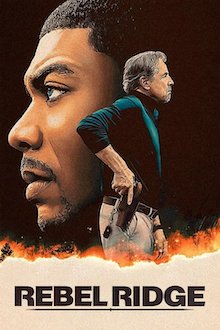Direction: Victor Erice
Country: Spain
Victor Erice, the masterful Spanish writer-director known for iconic films such as The Spirit of the Beehive (1973), El Sur (1983), and Dream of Light (1992), returns after more than three decades with another cinematic gem, Close Your Eyes. Set in 2012 Madrid, the film follows Miguel Garay (Manolo Solo), a filmmaker who is invited by a TV show to share his testimony about his best friend, famous actor Julio Arenas (José Coronado), who mysteriously disappeared 22 years earlier without a trace..
Close Your Eyes is a masterclass in structure, meticulously shot with intimate close-ups and an engrossing three-hour narrative. It restores faith in cinema, serving as a haunting tribute to both the medium's history and the endurance of deep friendships. Erice wields a radical simplicity and purity of gaze that only a true cinematic master can command. Every scene is given exactly the time it needs, every camera movement is intentional, and the dialogue captivates as it weaves a relatable tale of mystery, nostalgia, and the search for meaning.
I also found curious how Erice, without being conservative, shows the changes of time with an elegant subtlety. At 83 years old, and with only four feature films to his name, Erice has an unparalleled ability to evoke mood, time, and place with a light, yet poignant, touch. Beautiful moments like the reunion between Garay and his former girlfriend (Soledad Villamil) radiate warmth and nostalgia, with melancholy lingering just beneath the surface, triggering immediate emotions and fleeting intuitions.
While quiet in tone, Close Your Eyes is rich in character and atmosphere, offering an immersive experience with the timeless quality of a classic.








































